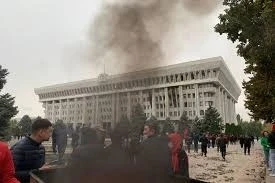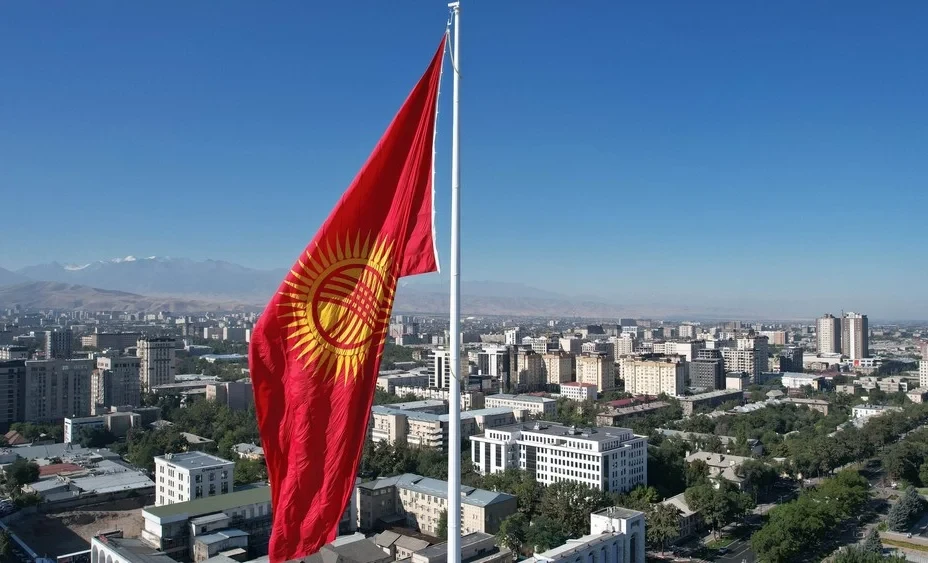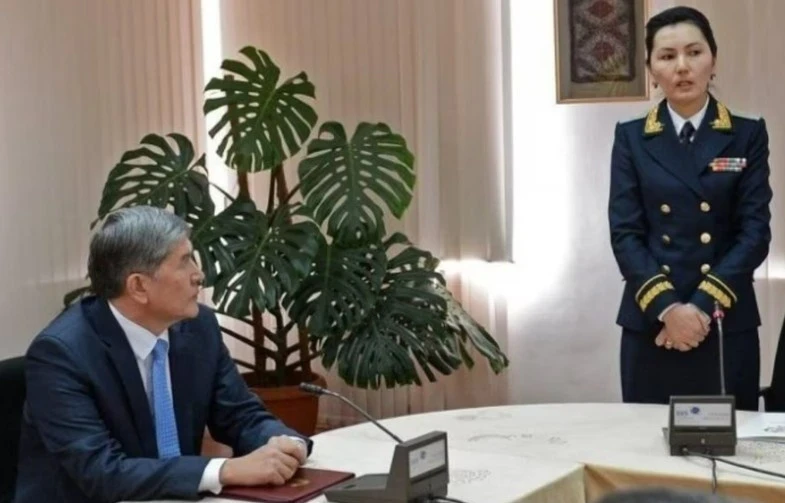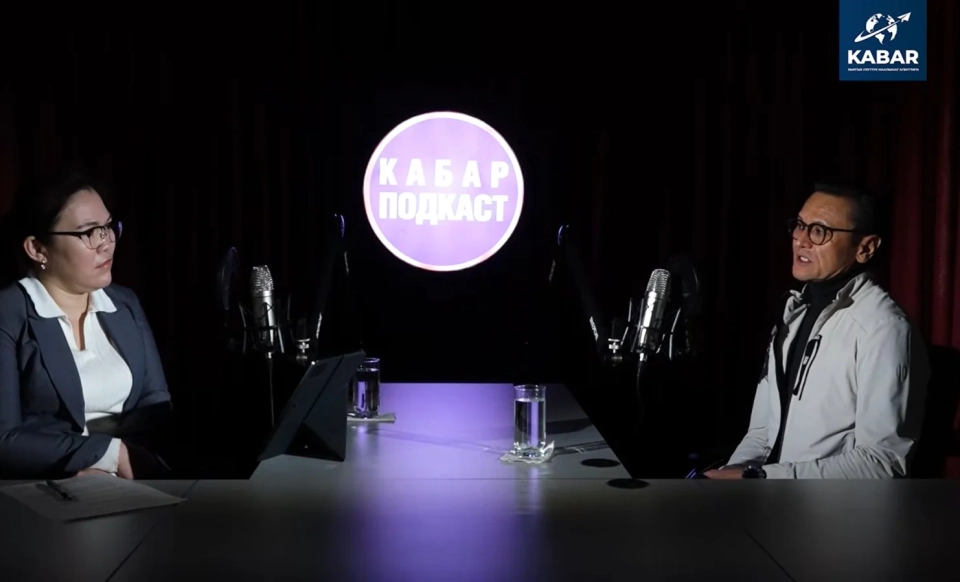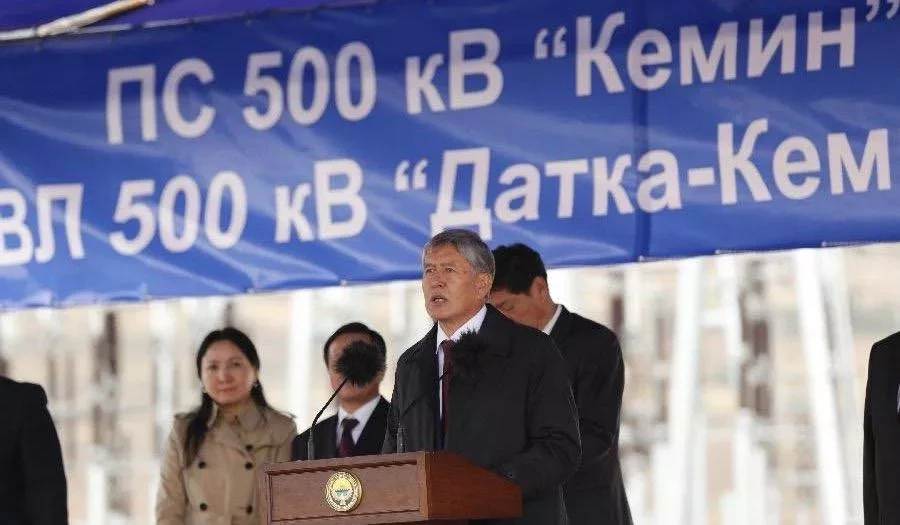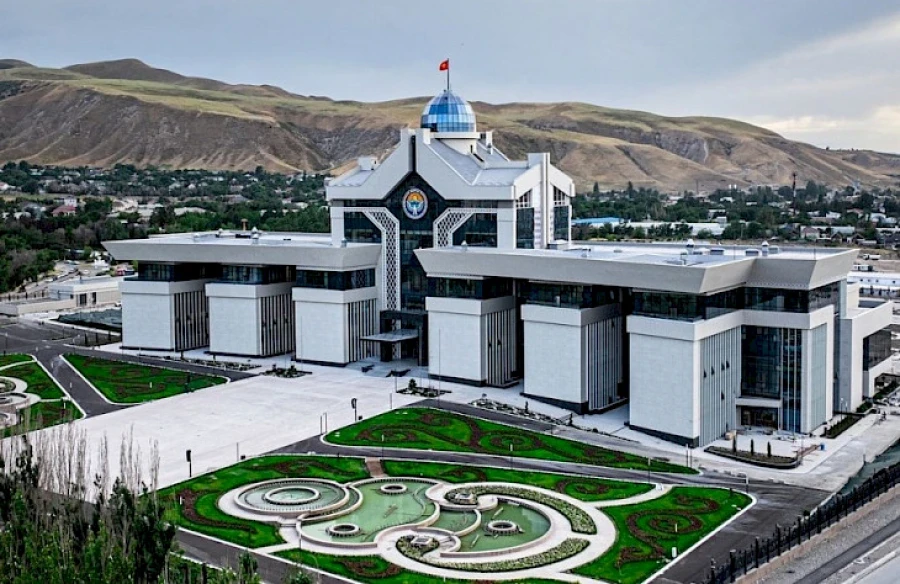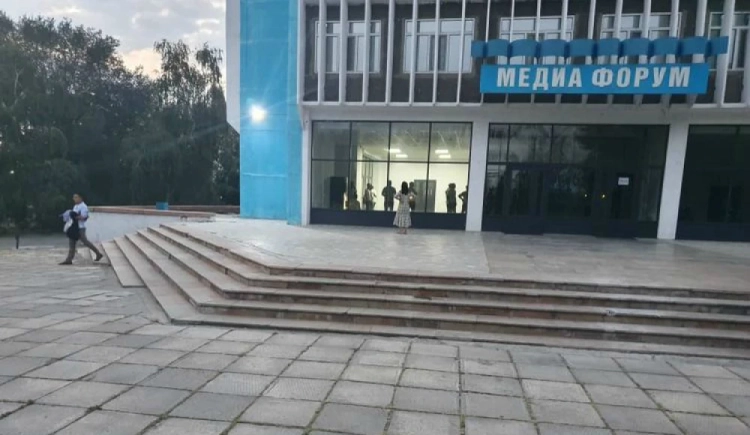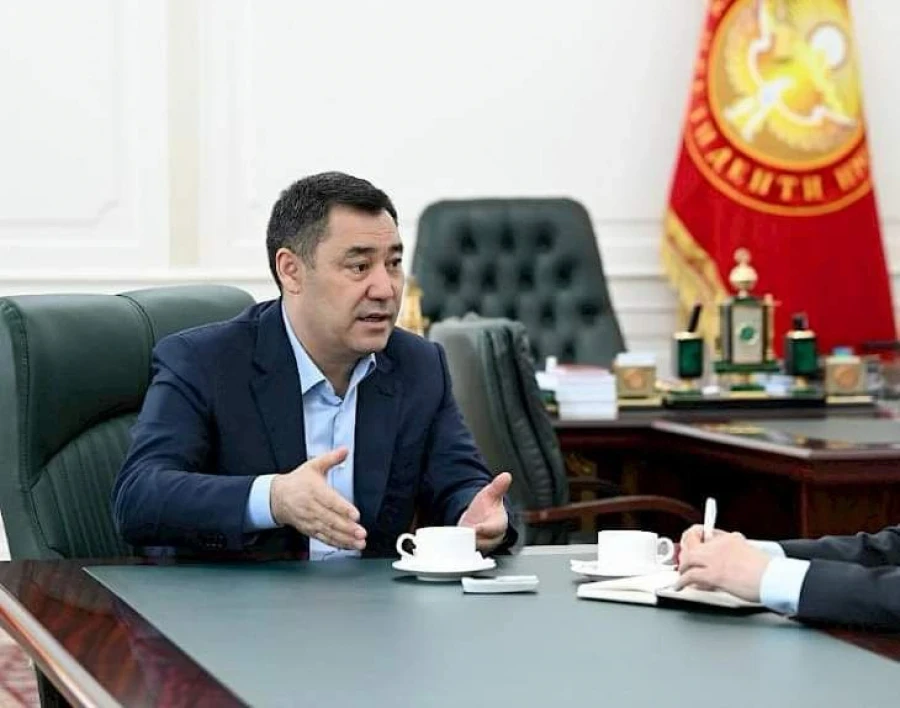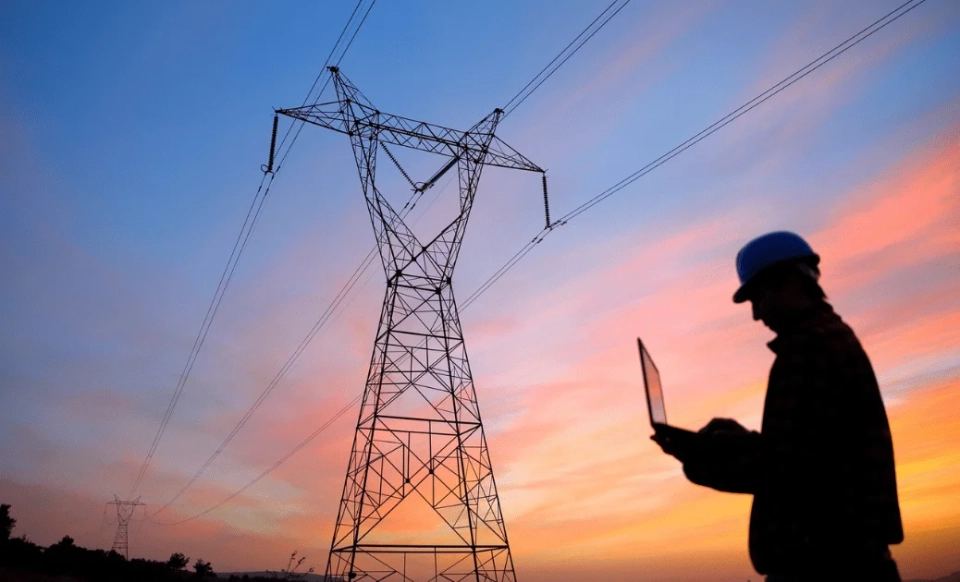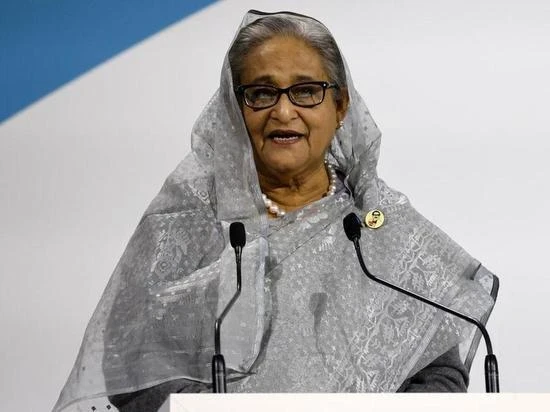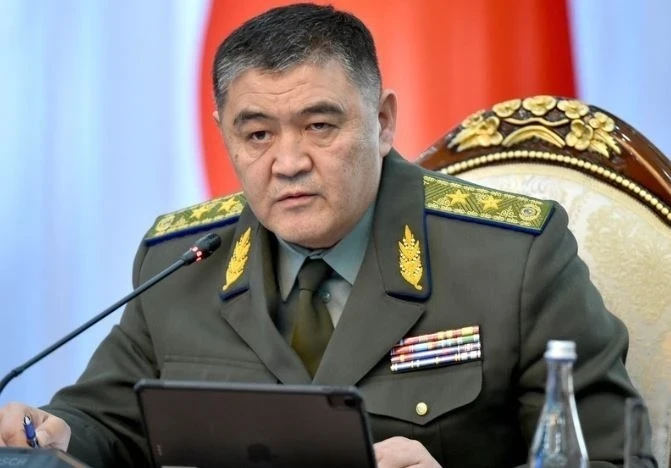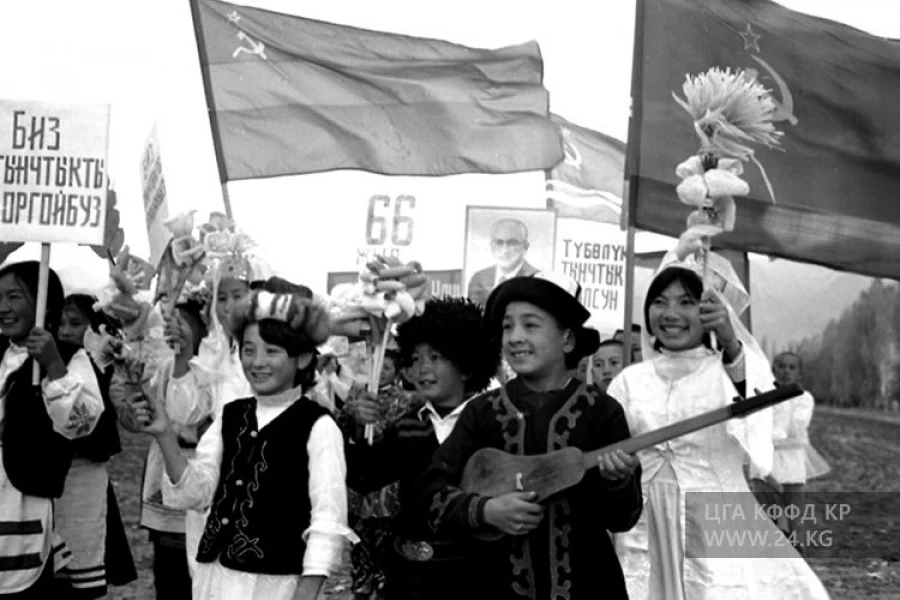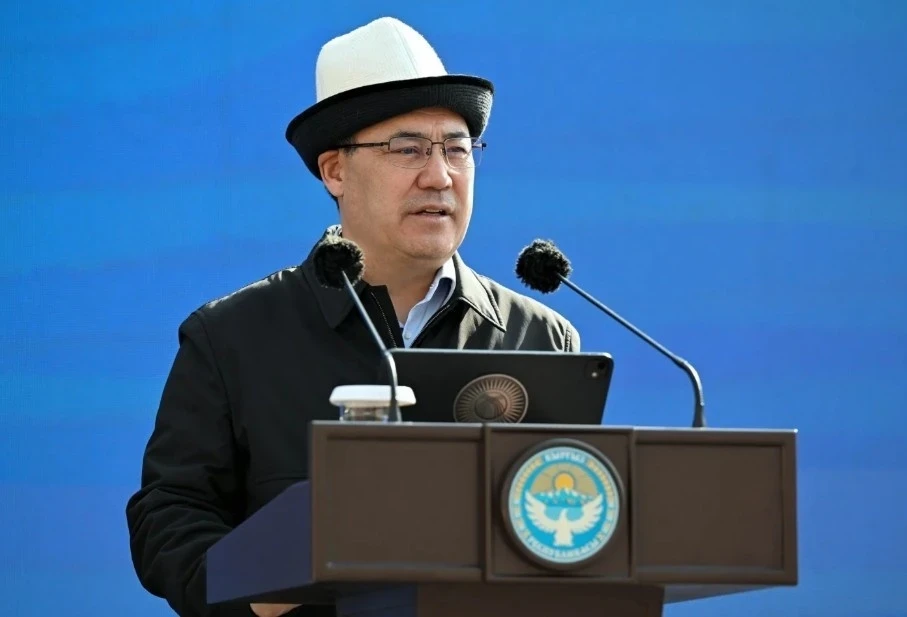
Sadyr Japarov, the president of Kyrgyzstan, has for the first time commented on the events known as the Kyrgyz revolutions, characterizing them as coups. He assured that the country is no longer threatened by social upheavals. "You will only see coups in your dreams," he said, hinting at those who long to see similar events again, such as Almazbek Atambayev.
The events of 2005 and 2010 in Kyrgyzstan are generally considered revolutions. However, a revolution implies profound changes in the socio-political life, not just rearrangements in budget flows. When asked whether fundamental changes occurred after the overthrow of Askar Akayev, the people would answer: "no," and their opinion would be quite justified.
What did the "revolution" of 2010 bring to the people? The change of power, the expulsion of Bakiev, and the arrival of the "transitional president," who handed over the reins to Atambayev, ended with the country being on the brink of collapse.
During Almazbek Sharshenovich's rule, criminal elements flooded Kyrgyzstan, acting with impunity. With his approval, the republic turned into a hotbed of corruption and crime. Many of the problems faced by the current government arose during his tenure.
Atambayev's rule was marked by criminal influences, voter bribery, nepotism, and tribalism. All of this became synonymous with "Atambayevism."
Political treachery, betrayal of friends, and a desire to satisfy personal interests are also characteristic features of his administration.
Where is Almazbek Atambayev now, that same "revolutionary"? What legacy has he left for his country? Why does he occasionally appear in public, interrupting his quiet life in Spain, to remind everyone of himself and comment on events that no longer concern him?
Kamchybek Tashiev, discussing the recent attempt at a coup, called on Atambayev and others like him to legally return to Kyrgyzstan, register as candidates (including for the presidency), and participate in elections. If the people support them – let them rule, but over the past five years, citizens have become more informed and understand who can truly bring benefits.
Atambayev still considers the coup of 2010 a revolution, while Japarov sees it only as "looting, robberies, and attempts to enrich oneself." He did not call his rise to power in October 2020 a revolution, leaving it to the people to decide what it was.
Five years later, summarizing, Japarov rejected all aspects of the "revolution." The state has become stronger, and the people know whom to support. The conditions for a coup are absent, as the authorities are slowly but surely addressing citizens' problems.
Now in Kyrgyzstan, it is unlikely to find people dreaming of a new coup, understanding that it could only worsen the situation and return the country to its previous problems. Even among critics of Japarov and Tashiev, there are those who notice positive changes in the life of the republic. Sharp changes in society and the economy take time, and one cannot expect instant results after decades of degradation.
State leaders are working to improve the situation and have already made significant progress.
Meanwhile, Atambayev finds himself back on stage, unwilling to be forgotten. His fear that Japarov may further intensify criticism, and forgetting about mercy, is becoming increasingly palpable. The court has already sentenced him in absentia, and new charges could lead to extradition from Spain to his homeland with unpleasant consequences.
Once again, Atambayev delivered a speech, reminding everyone of his so-called achievements as president, including the claim that he practically solved the energy crisis.
Let’s not delve into the details of the corrupt repair of the Bishkek CHPP, which led to a major accident. Let’s focus on something else.
In 2010, Atambayev stated that "prices should never be raised, as it is a sin." However, in 2015, electricity prices were indeed raised.
In 2014, he promised to introduce a second hydro unit at the Kambar-Ata HPP-2, but the project was never realized.
The Czech company Liglass Trading, which won the tender for the construction of small HPPs, turned out to be unprofessional, and its activities led to losses, despite Atambayev praising it as a reliable partner.
Now he blames Japarov for the energy crisis, claiming that everything was different under him.
Why does he continue to do this? The answer is simple: Atambayev fears that he may be held accountable for the "revolution" of 2010, which turned into a coup, as well as for corruption during the reconstruction of the Bishkek CHPP. His fear of the consequences is growing.
Thus, Atambayev continues to try to justify his actions and remind everyone of himself, while the reality is that he bears part of the responsibility for the situation in the country.

